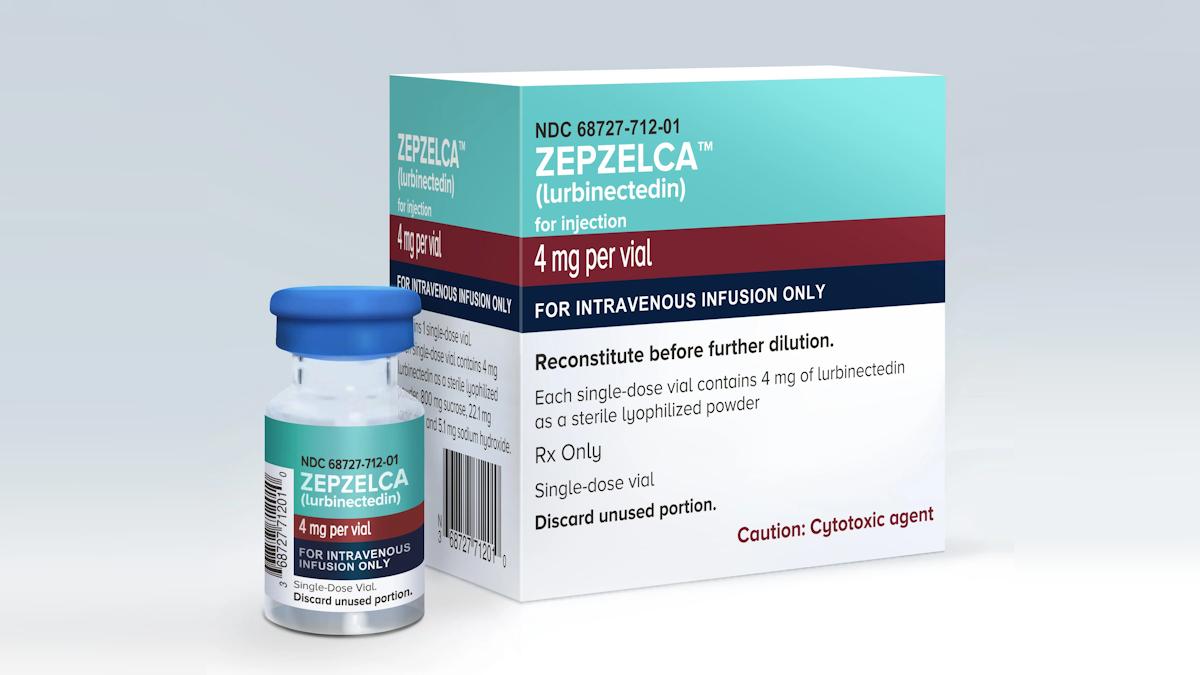NICE rejects Roche's Tecentriq in new lung cancer use

NICE has said in first draft guidance that Roche’s Tecentriq should not get regular NHS funding as a treatment for a kind of advanced lung cancer, citing “highly uncertain” data about the drug’s cost-effectiveness in this use.
England’s cost-effectiveness body has been assessing a data file about Tecentriq (atezolizumab) combined with carboplatin and etoposide in extensive-stage small-cell lung cancer.
NICE’s guidance suggests that Roche will likely have to drop its price to gain regular NHS funding in this indication, as the Swiss pharma is not interested in interim funding from the Cancer Drugs Fund (CDF).
The CDF kicks in when upcoming trial evidence can confirm whether the drug will be cost-effective, usually with more definitive data on overall survival.
But NICE said that Roche considers the data from the Impower33 clinical trial to be “fairly mature”, and that uncertainties over treatment effect duration and survival are unlikely to be resolved with further data collection.
One thing going in Roche’s favour are end-of-life criteria, which allow NICE to be more flexible for drugs that extend patients’ lives by more than three months compared with standard care.
NICE said that almost all models suggest a survival gain of three months or more for Tecentriq compared with chemotherapy alone.
However NICE’s number-crunching suggests a cost per Quality Adjusted Life Year (QALY) of £50,000 or more, which is the upper limit allowed when end of life criteria are met.
One of NICE’s concerns is that the patient population used in the trial will be in better shape overall than the NHS patients who are eligible to receive Tecentriq.
As this is a first draft, Roche now has a chance to either drop its prices or provide evidence to assuage NICE’s concerns ahead of final guidance due in the coming months.
NICE’s ruling applies to England, although cost-effectiveness bodies in Wales and Northern Ireland often follow its guidance under devolved healthcare arrangements.
In the longer term, AstraZeneca has supportive results in extensive small cell lung cancer (SCLC) from the CASPIAN trial of its rival cancer immunotherapy Imfinzi (durvalumab).
The FDA has already granted a priority review in this indication, and although it is not yet under review in Europe a filing is due in the coming months.












